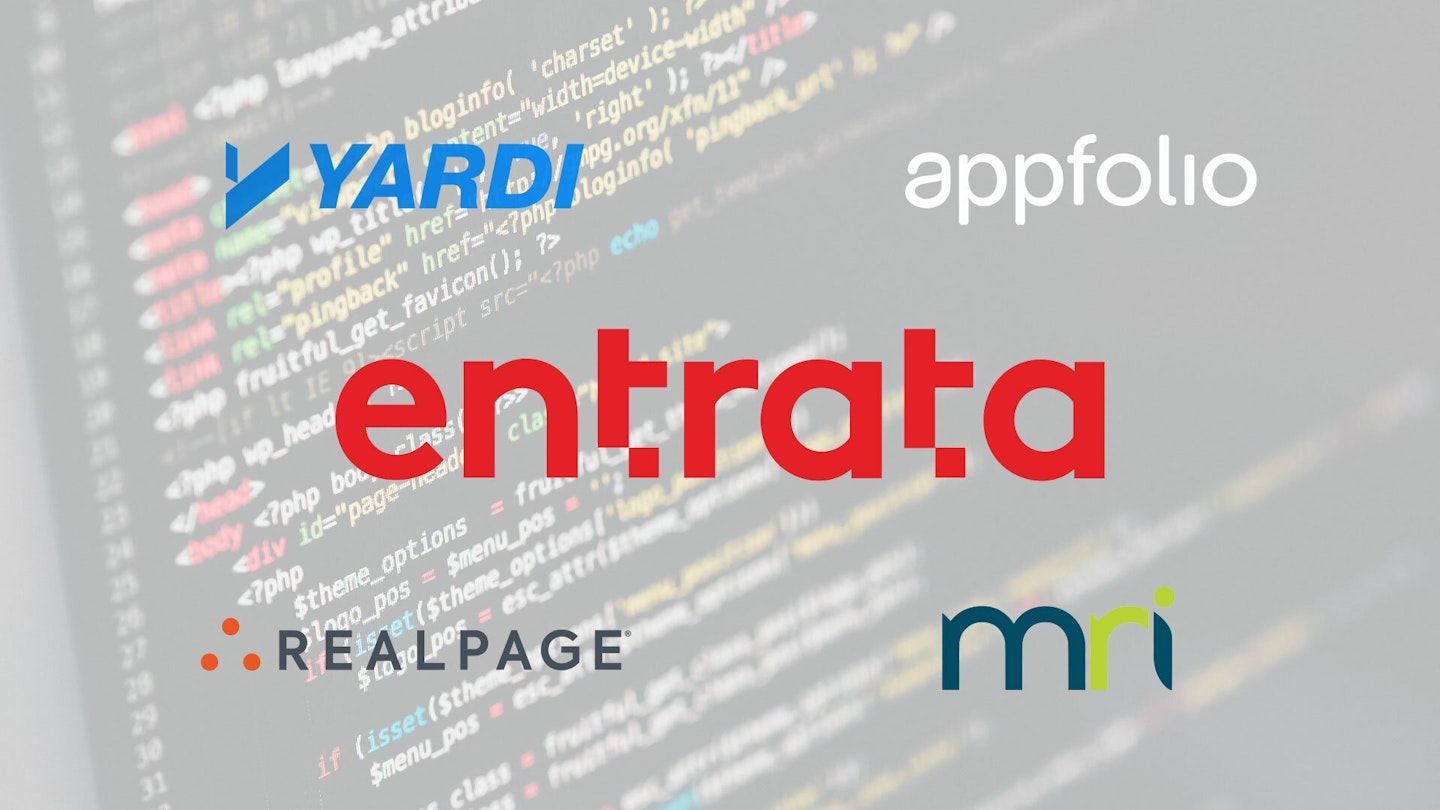
As we've seen in recent history, the property management software (PMS) landscape is transforming significantly – perhaps quietly and intentionally under the radar.
Late last week, a couple of LinkedIn posts sparked a bit of debate on the topic, with many voicing their opinions, thoughts, and even alliances with newly revealed integration fees.
If you missed the news, Entrata announced access fees to their API, which, for those non-tech readers, is essentially the way that many proptech companies, agencies, and related digital tools access data from within PMS ecosystems.
This shift amongst many large providers represents a move from previously free integration models to a structured fee system.
It was reported that Entrada's fees would start at $5,000 annually and potentially rise to over $50,000, depending on usage and additional features. Following this simple math, the reality is that it could reshape how small to medium-sized multifamily firms engage with larger platforms.
Entrata's introduction of advanced developer features like webhooks and sandbox data is undoubtedly a step towards enhancing the technological framework within which proptech companies operate.
However, these "innovations" come at a steep price. And depending on who you ask, more is needed for the cost.
For startups and smaller companies, these fees impose significant barriers to growth and innovation, potentially stifling development in a sector where agility is crucial for survival and success – not to mention forward progress in a stereotypically laggard industry.
The response from the community has been mixed, with a general acknowledgment of the benefits these new features bring, paired with a palpable concern over the new cost structures.
The trend towards monetizing API access is not isolated to one PMS, either. It reflects a broader industry shift (Yardi, Appfolio, etc.) that could disadvantage smaller players who are already struggling to cover operational costs and compete in a market dominated by larger entities.
And really, who are the losers here?
Many have pointed to the reality that fees will simply be passed on to the tech customer and/or the renter at the end of the line, further perpetuating a general distrust for the corporate real estate entity.
One area of frustration within the community is palpable, and that has to do with the lack of transparency and the abruptness with which these changes have been implemented.
It appears most companies have been given minimal notice and inadequate information to make informed decisions about these new expenses, which will impact their existing service agreements, financial planning, and global business models.
Clearly, the situation highlights the need for a more collaborative approach to fee implementation, including input from all stakeholders to ensure fair play and mutual growth.
Imagine a future where integration fees are structured not just to cover the costs of maintaining API infrastructures but also to foster an ecosystem of innovation and collaboration.
But is that realistic?
As the proptech sector continues to evolve, major players must consider the impact of their pricing strategies on the broader ecosystem.
The industry's future health depends not only on the technologies developed but also on the ability of diverse companies to participate in and contribute to the field.
In the coming months and years, I'm confident our eyes will be focused on evolving fee structures but also on innovative groups leading the charge to pull power away from PMS behemoths.
The cost of doing business with a PMS and the (arguably more significant) topic of data ownership will undoubtedly drive many future debates and changes across the multifamily tech landscape.

Discover why boutique multifamily buildings outperform their larger competitors by focusing on curated experiences, intentional design, and emotionally resonant branding.

Discover how data-driven branding strategies can accelerate leasing, boost NOI, and turn your multifamily property's identity into a measurable performance asset.

Your brand’s reputation is built—or broken—at the leasing desk. Are you ready to unify leasing and marketing to protect it?

Remember when we all DIY dip-dyed our hair in Kool-aide and learned just because you can do it yourself doesn't mean you should? This week we're digging into the hidden costs of DIY'd branding.
A simple read in under 5 minutes, delivered to your inbox Saturday mornings.
A simple read in under 5 minutes, delivered to your inbox Saturday mornings.